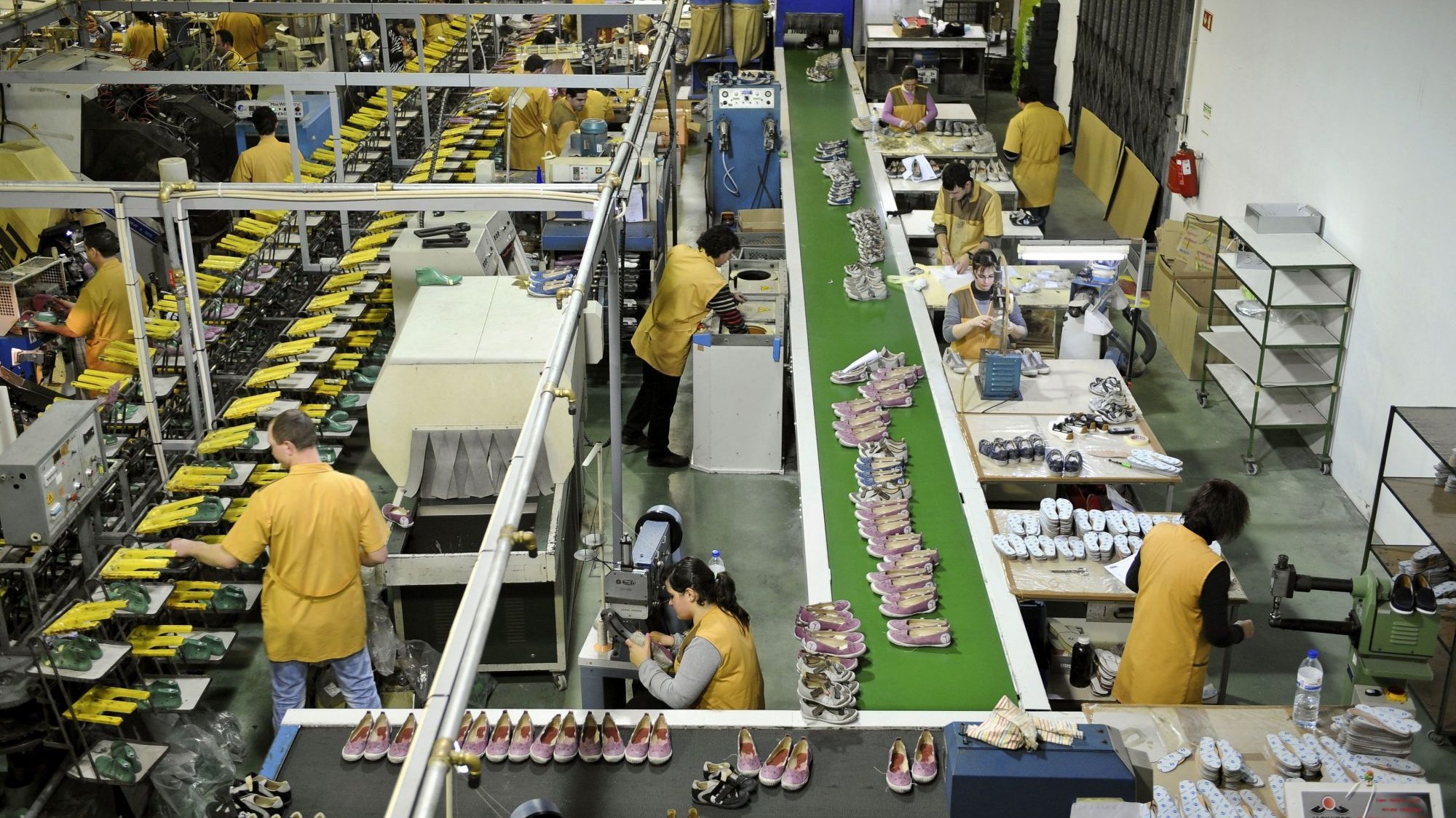The Government studied, but ruled out, a scenario of transversal reduction of the IRC —contrary to what the employers’ centers and the Minister of Economy, Costa Silva— have requested, considering that it would have a limited effect, benefiting more large companies, which are the ones that pay the most IRC.
According to Negócios this Thursday, the scenarios on the table in the negotiations with the social partners, within the scope of the rent agreement, do not contemplate this transversal decrease, which contradicts the intention expressed by the Minister of Economy, on Sunday. António Costa Silva had defended a reduction of the IRC that “don’t just be selective, but global”. “it was a great sign that could be given to all our productive fabric”, he said.
Within the Government this option is not agreed upon, and the Finance Minister came, three days later, to correct his colleague from the Executive, asking for restraint since the negotiations on social agreement are not concluded. “I don’t think it’s appropriate to be anticipating this or that position”, warned Fernando Medina, this Wednesday.
Medina corrects Costa Silva on IRC and warns the minister: “I do not think it is appropriate to be anticipating this or that position”
For businessmen, it would be more than desirable to move towards a transversal reduction, according to the president of the Portuguese Business Confederation (CIP), António Saraiva, who stressed that he is “firmly convinced that we will be pleasantly surprised, shortly in the presentation of the Budget ”. [do Estado] with this possible reduction of the nominal IRC rate from 21% to 19% and transversal“.
Negócios writes that the Executive has studied a reduction of two percentage points in the IRC rate, but says that the measure would have limited effectiveness, since most of the income corresponding to the reduction of the IRC to 19% would be taken over by a few companies, the largest. And that is not the scope that the Government intends. Instead, the Executive is working to compensate companies that use capitalization or investment instruments.
In fact, an analysis of Público, also published this Thursday, reveals that the IRC is mainly focused on large companies — are responsible for 45% of tax revenues —, which represent a small portion of the Portuguese business fabric. Small businesses, although more predominant in the economy, contribute less to IRC.
The newspaper also writes that there are fewer companies paying IRC: the number fell by 15% in three years, from 348,681 in 2018 to 297,178 in 2020. It also reduced IRC income, by 20% in the same period. The effects of Covid-19 do not tell the whole story since in 2019, in which GDP grew by 2.2% in real terms and there was still no pandemic, net income fell by 0.4% from the record of 6,340 million euros in 2018 and the number of tax returns decreased by 11.5%.
The Minister of Economy defends that the transversal reduction of the IRC would be “extremely important” for the industry
Source: Observadora
